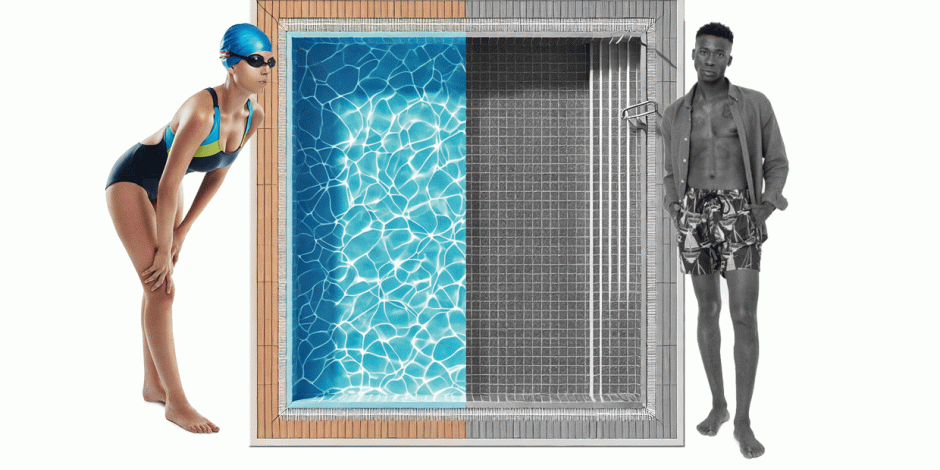Four years ago, Americans took to the streets: take to the ~auf die Straße gehenstreets to protest the police murder of George Floyd, a Black man from Minneapolis. The demonstrations spark sth.etw. entfachen, anstoßensparked the global Black Lives Matter movement against racism.
I think of Floyd every summer – not only because of the anniversary of his death, but also because of what he said while suffocateerstickensuffocating under Officer Derek Chauvin’s knee. Floyd repeated the phrase “I can’t breathe” 16 times. Other Black men killed by police, such as Eric Garner and Elijah McClain, spent their final moments saying the same.
“I can’t breathe” expresses the magnitude of racism in America – a force so insidiousheimtückischinsidious that it can be lethal. In the U.S., to have agency: have ~ over sth.über etw. bestimmen können, Handlungsmacht über etw. habenagency over one’s breathing is a privilege. I’ve reflected on this fact, literallywortwörtlichliterally.
Growing up, I spent my summers by the pool, competing on a swim team. My community took the sport seriously; the Baltimore-Washington region has produced some of the best swimmers in history. During meets, parents and coaches would shout a simple command: “Don’t breathe!” (Swimmers move faster if they minimize breathing.)
Only 46 percent of Black children receive swimming lessons. Black Americans are 1.5 times more likely to drown.
Since Floyd’s murder, those words have stayed with me. The swimmers at my pool, the ones being told not to breathe, were almost all white. The same goes for the adults doing the talking.
Swimming is one of the most unequal sports in the U.S.: 72 percent of white children receive swimming lessons compared with 46 percent of Black children, according to research by Northwestern University.
Government data suggests that Black Americans are 1.5 times more likely to drown than their white counterpartPendantcounterparts. Competitive swimming is even worse. In 2019, only 1.4 percent of year-round athletes registered with USA Swimming were Black.
Those statistics aren’t an accident. Before desegregationAufhebung der Rassentrennungdesegregation in the 1960s, the U.S. had a large network of public pools. But when they began to allow Black people in, many pools closed. White communities established private clubs and the public sector was starved of investment.
Like many white children, I learned to swim at a private club. I didn’t know about its dark history when I was young. Now that I do, the “don’t breathe” refrain strikes me as insensitivegefühllos, taktlosinsensitive. In white America, holding one’s breath is a choice. In Black America, it isn’t. Our pool was not a neutral actor in creating this disparityUngleichheitdisparity.
Fortunately, activism has forced some change. After Floyd’s murder, USA Swimming announced new initiatives to diversify the sport. One day, I hope all Americans can experience the blissGlück, Freudebliss of a summer spent poolside.
Neugierig auf mehr?
Dann nutzen Sie die Möglichkeit und stellen Sie sich Ihr optimales Abo ganz nach Ihren Wünschen zusammen.



